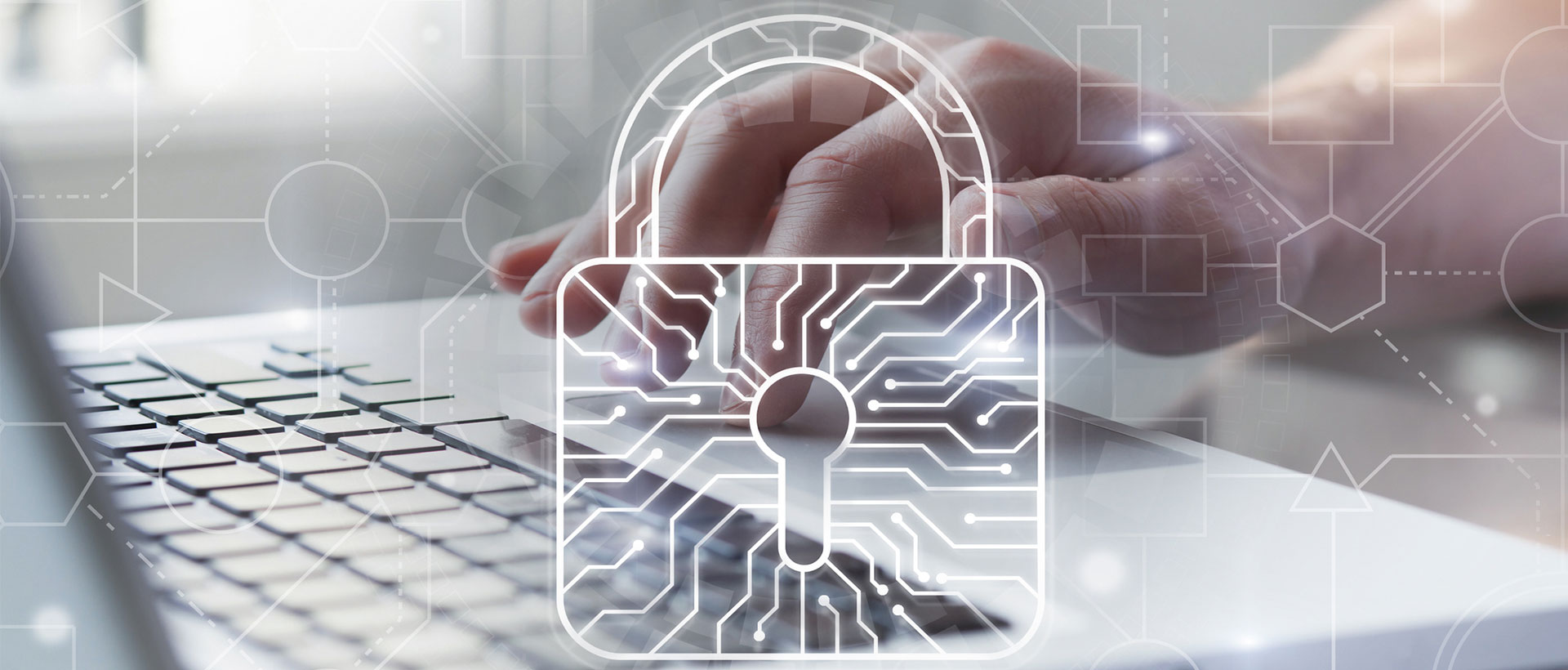Christmas time is full of gift giving and cybercriminals love to dish out ‘special’ Christmas gifts of their own.
Scams soar at this time of year so it’s important to stay vigilant to protect your system, devices and data.
Common scams include fake email gift certificates, e-cards and parcel delivery notifications requesting confirmation of delivery addresses or payment to collect or hold a parcel.
Cybercriminals use seemingly legitimate emails to convince you to download malicious software (malware) on your system. Malware can lock up your computer and demand a ransom, steal your personal details and banking credentials, and manipulate and exploit your system over time.
While many emails will be legitimate, others will not be.
Australia Post has advised it will never:
- Ask you to make a payment for parcel collection
- Email you to reconfirm your address by clicking a link
- Charge you to hold a parcel
- Send you an email asking for your password
- Call or email you out of the blue to request payment.
How to stay safe
- For parcel delivery notifications, do not click on the link if it is requesting money or further information. Instead, go to the organisation’s website and track the delivery of your parcel. Ask family and friends to notify you if they are sending a parcel so you know when to expect it.
- If you receive an e-card or electronic gift card, check the legitimacy with the gift giver prior to opening it. Be especially wary of .zip or .exe attachments or links.
- If a suspicious email appears to be from a legitimate company, contact the company directly to confirm the legitimacy. Do not use phone numbers or email addresses contained in the email, verify the correct contact details yourself through an online search or phone book.
- Regularly backup your computer’s data on a separate hard drive. If your computer is infected by malware or ransomware you can restore the factory settings and easily re-install all of your software and data.
- Remember to report any confirmed scams to www.scamwatch.gov.au. This helps raise awareness of the scam so others do not fall victim.
Read more about how tostay safe from scams.
Last updated: 05 December 2017
The information contained in this article is only correct at the point of time of publication. It is general information and has been prepared without taking into account your personal circumstances, objectives or needs. Please consider if this information is right for you before making a decision to acquire any product.

 1300 13 22 77
1300 13 22 77